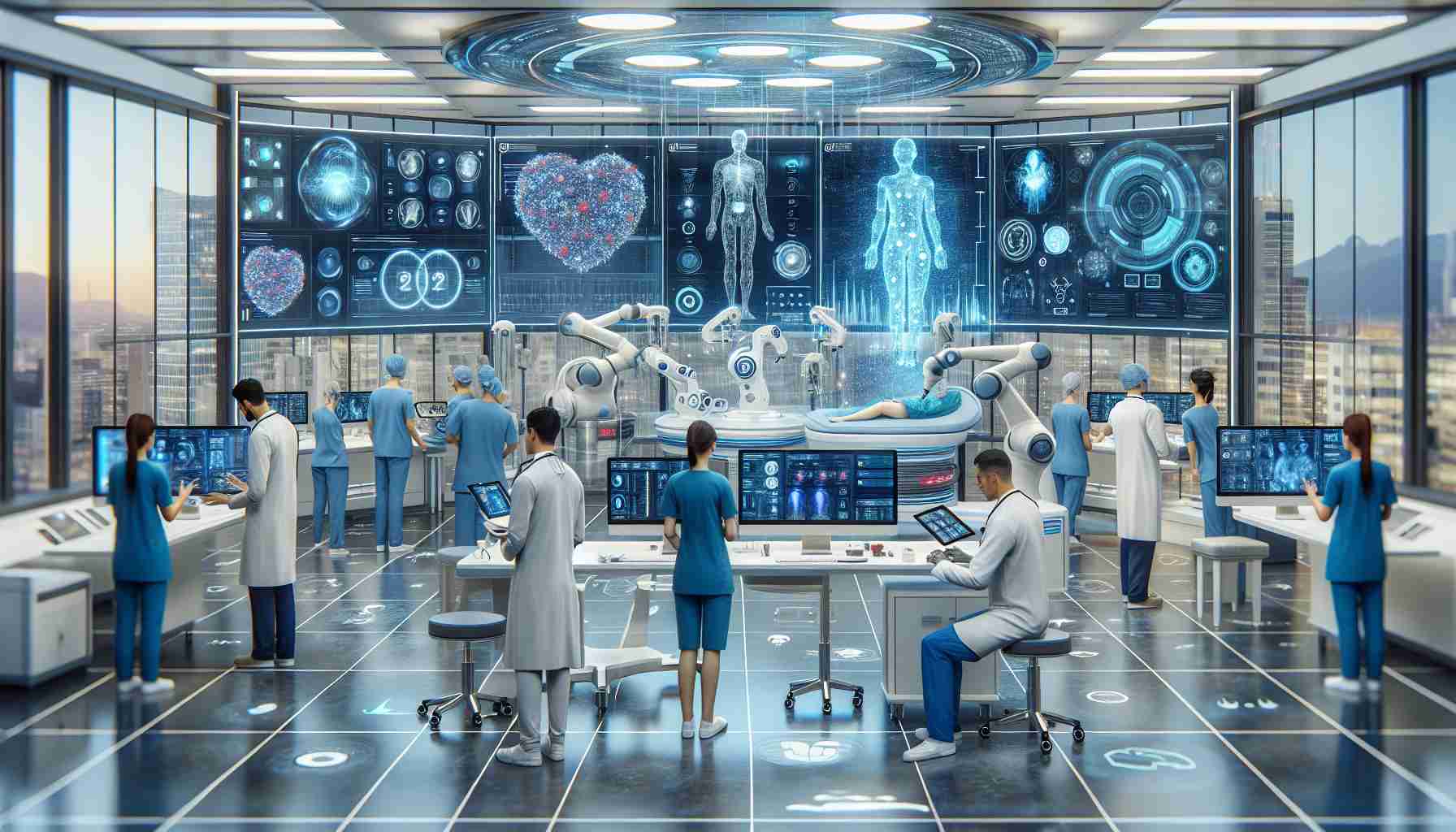In a groundbreaking development, Neurofit, a leading expert in AI solutions for brain disorders, has been designated as eligible for health insurance coverage in Japan, marking a significant milestone in the field of medical technology.
Neurofit’s cutting-edge products, the ‘Neurofit Aqua’ for analyzing abnormal brain shrinkage in Alzheimer’s patients’ MRI scans, and the ‘Neurofit Scale PET’ for quantifying the deposition of amyloid beta protein in specific brain regions using PET imaging, have received official certification as reimbursable products under Japan’s health insurance scheme.
Japan’s endorsement of advanced AI applications in healthcare is part of a larger initiative to enhance medical services through innovative technologies. Qualified medical institutions in Japan can now claim additional reimbursement for incorporating AI software, such as Neurofit Aqua and Neurofit Scale PET, provided they meet specific facility requirements.
By leveraging this opportunity, healthcare facilities in Japan equipped with Neurofit’s solutions can not only improve diagnostic accuracy but also benefit financially from the supplementary reimbursements. This milestone not only signifies a major revenue boost for Neurofit in the Japanese market but also paves the way for future expansion and adoption of AI solutions across various nations.
Vin Jungil, the CEO of Neurofit, expressed optimism about the company’s prospects, emphasizing the importance of strategic collaborations and aggressive marketing efforts to promote their AI solutions globally. With a recent partnership agreement with a prominent distributor in Japan and ongoing sales activities targeting over 1350 local medical institutions, Neurofit is poised to revolutionize healthcare practices on a global scale.
Revolutionizing Healthcare through Innovative AI Solutions: Addressing Key Questions and Challenges
As the healthcare industry continues to embrace cutting-edge technologies, the role of artificial intelligence (AI) solutions in revolutionizing medical practices cannot be understated. While Neurofit’s recent achievements in Japan highlight the tangible benefits of AI in healthcare, there are essential questions and challenges that warrant further exploration in this transformative field.
Key Questions:
1. What are the ethical considerations surrounding the use of AI in healthcare, particularly in decision-making processes that impact patient care?
2. How can healthcare professionals ensure the accuracy and reliability of AI algorithms to minimize diagnostic errors and improve patient outcomes?
3. What measures are in place to protect patient data and privacy when utilizing AI solutions in medical settings?
Key Challenges and Controversies:
1. Regulatory Compliance: Ensuring that AI technologies meet stringent regulatory standards and guidelines to guarantee patient safety and efficacy.
2. Interpretability and Transparency: Addressing the challenge of understanding how AI algorithms arrive at diagnostic conclusions to enhance medical professionals’ trust and acceptance of these technologies.
3. Integration with Existing Systems: Overcoming compatibility issues and interoperability challenges when integrating AI solutions into established healthcare infrastructures.
Advantages and Disadvantages:
Advantages:
1. Enhanced Diagnostic Accuracy: AI solutions can analyze vast amounts of data quickly and accurately, aiding healthcare providers in making more precise diagnoses.
2. Efficiency and Productivity: Automating routine tasks through AI can streamline healthcare processes, allowing professionals to focus more on patient care.
3. Personalized Medicine: AI-driven insights can enable personalized treatment plans tailored to individual patient needs, leading to better health outcomes.
Disadvantages:
1. Bias and Fairness: AI algorithms may perpetuate biases present in training data, leading to disparities in healthcare delivery.
2. Security Risks: The reliance on AI systems can pose cybersecurity threats, risking the exposure of sensitive patient information.
3. Technology Dependency: Over-reliance on AI solutions may diminish the human touch in healthcare, impacting patient-provider relationships.
In navigating these complexities, it is crucial for stakeholders to critically examine the intersection of AI and healthcare to maximize the benefits while mitigating potential risks. The future of healthcare lies in the strategic integration of innovative AI solutions that prioritize patient well-being and uphold ethical standards.
For further insights on the evolving landscape of AI in healthcare, consider exploring the latest developments on NEJM (New England Journal of Medicine), a reputable source for peer-reviewed research and analysis in the medical domain. Stay informed about the advancements shaping the future of healthcare delivery and decision-making.






















